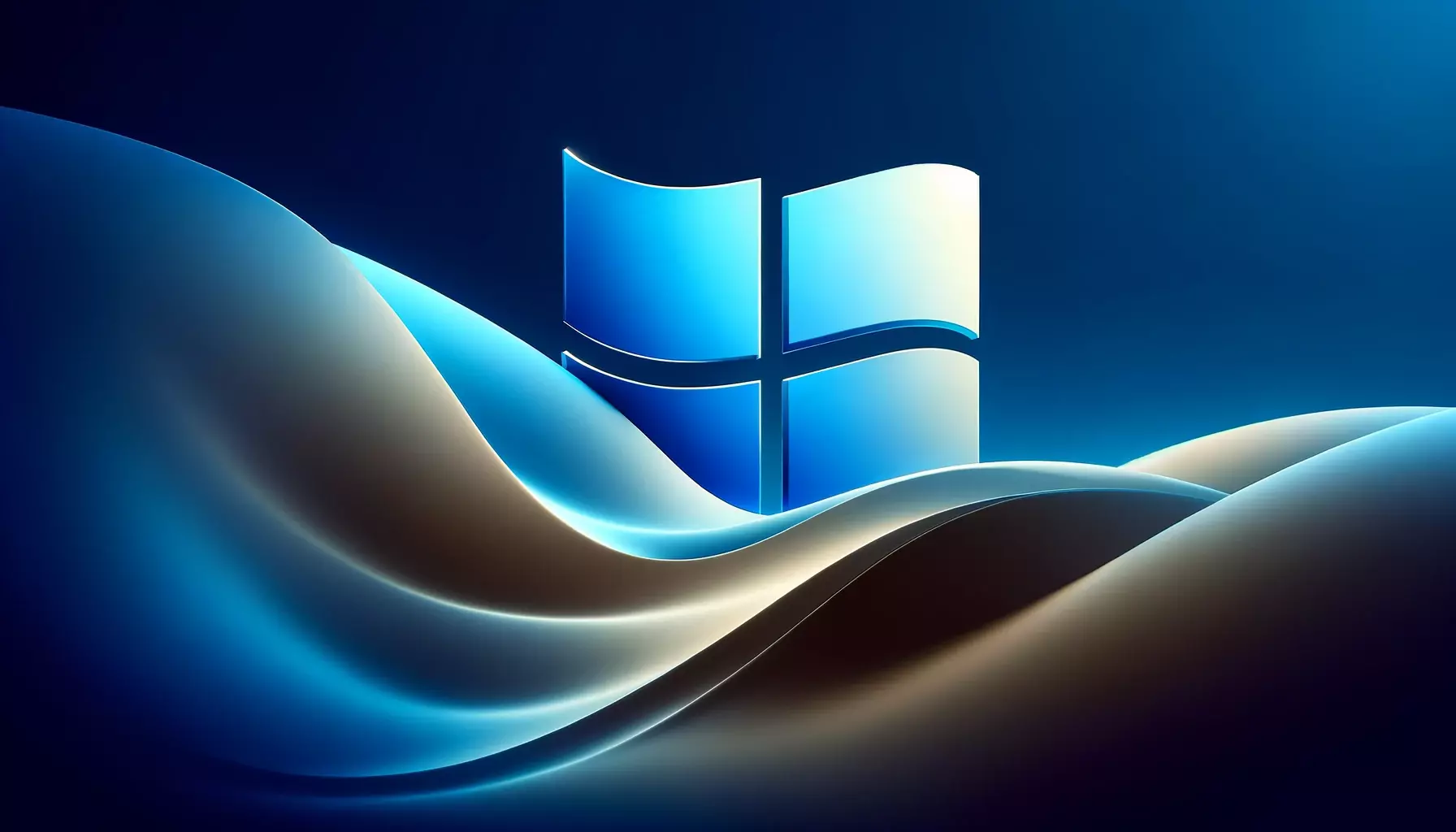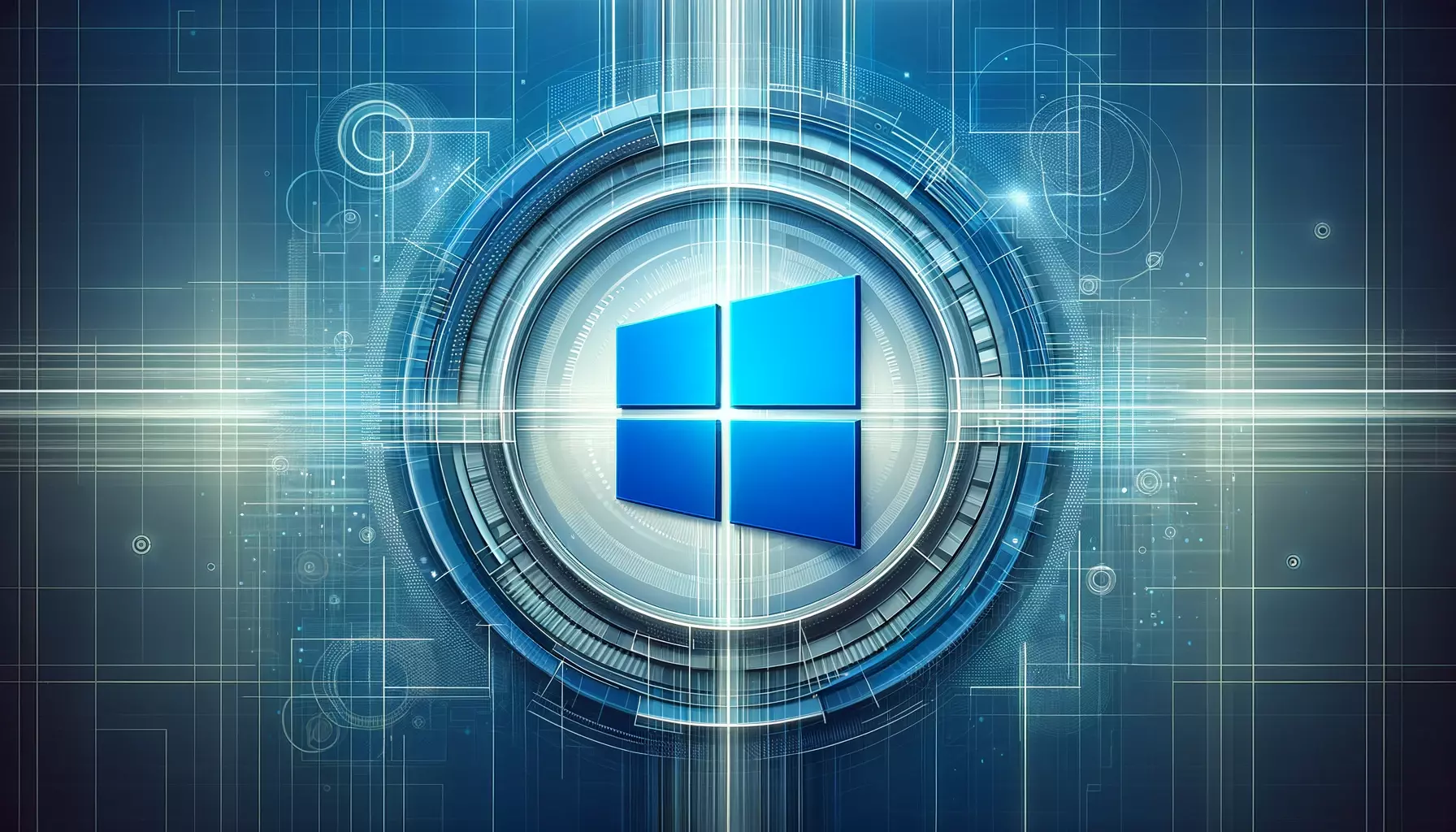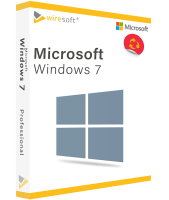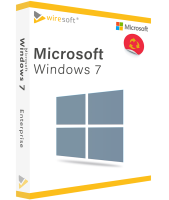Windows 7 - A look at the operating system of the past
Microsoft Windows 7 was a popular operating system that was first released in 2009. Although it is now obsolete, it has played a significant role in the history of operating systems. In this article, we take a look at the most important aspects of Windows 7.

The features of Windows 7
-
User interface: Windows 7 introduced the Aero design, which provided an appealing visual experience with transparent windows and new taskbar elements.
-
Stability and performance: It was considered one of the most stable Windows operating systems and introduced many improvements in terms of speed and reliability.
-
Libraries: Windows 7 introduced libraries that made it easier to manage and organize files.
-
Improved security: It included advanced security features such as Windows Defender and BitLocker for encrypting drives.
The importance of Windows 7
- Longevitywindows 7 was the successor system to Windows XP and was used by many companies and individuals for a long time due to its reliability and compatibility.
- End of supportmicrosoft ended extended support for Windows 7 in January 2020, which means that no more security updates or technical support will be available.
The successors to Windows 7
After the end of support for Windows 7, Microsoft released newer operating systems such as Windows 8, Windows 8.1, Windows 10 and Windows 11. These offer updated features, security improvements and a more modern user interface.

Final thoughts
Although Windows 7 was once a popular operating system, it is now outdated and no longer secure. It is highly recommended to upgrade to a newer version of Windows to benefit from the latest security updates and features. However, Windows 7 has an important place in the history of operating systems and is still cherished by some for nostalgic reasons.









































